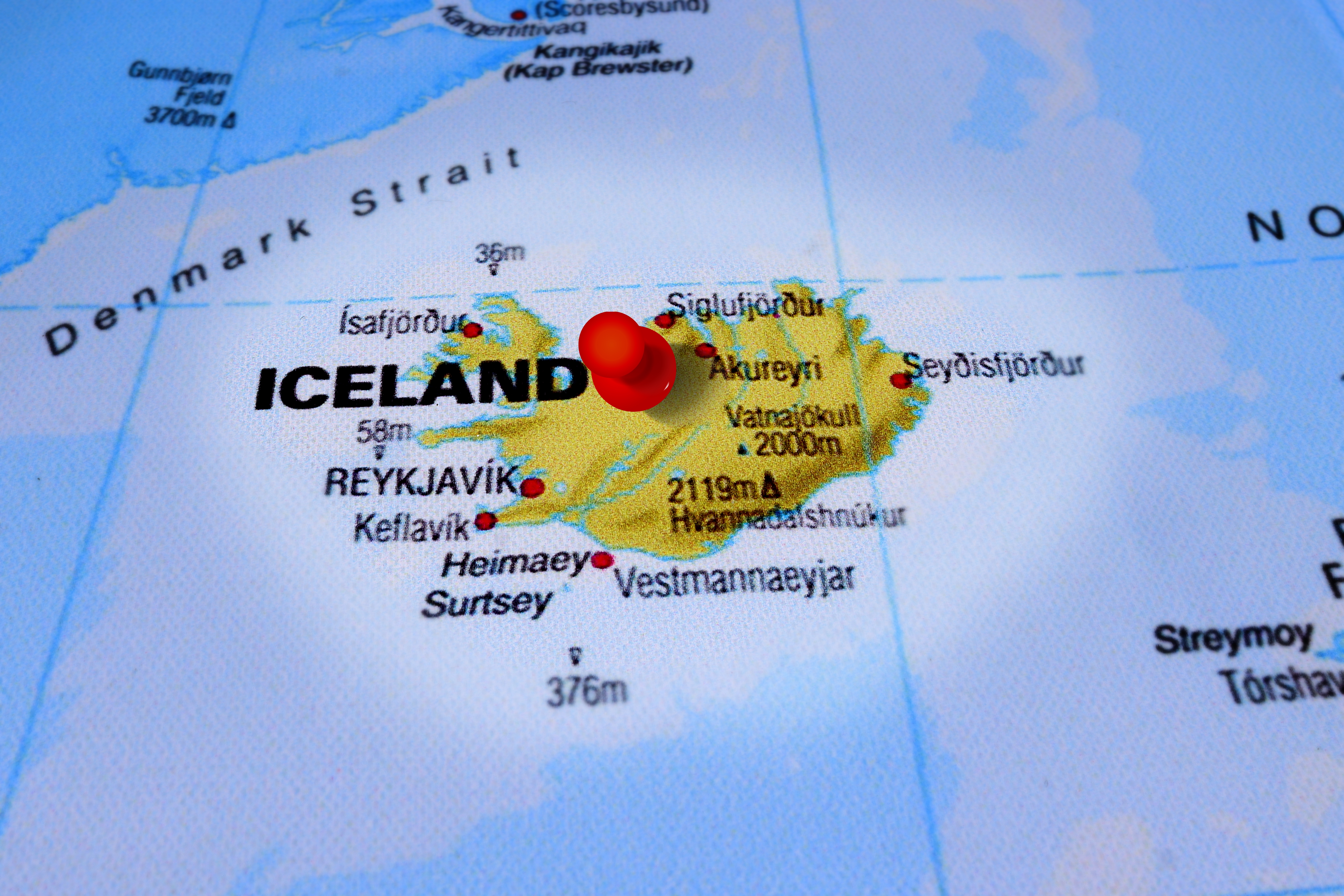The global trade crisis, which has created uncertainty in the world's stock markets, will only have a "limited" effect on most Swedish pension savers, according to a report by Skandia.
It argued that economic crises tended to have two fundamental effects on future pensions.
First, they decreased real returns, and second, they stagnated real wage growth.
However, using previous historical crises and their actual effects on pensions to calculate the possible impact of the current situation, the report found that, for most Swedes, the adverse pension effects would be "counted in hundreds of Swedish kronor rather than thousands of Swedish kronor per month."
Skandia compared the current circumstances to the IT crash and its recovery from 2000 to 2005 - a period characterised by stagnant stock market development but strong real wage growth.
If the trade crisis and its recovery develop similarly to the IT crash, the pension income of a typical 55-year-old employee who has worked their entire working life until retirement is expected to decrease by SEK 1,000 per month.
The effect of such a crisis will be greater for a 60-year-old with fewer years left until retirement, as pension income will decrease by SEK 1,150 per month.
If the trade crisis and its recovery are similar to the 2008 financial crisis, the outcome will be that both wages and the stock market develop positively, but weaker than usual.
For the typical employee born in 1970, the effect of such a crisis will also be SEK 1,000 less in monthly pension income in the first year as a pensioner.
Compared with the IT crash and its recovery, there will be a lower real return but a more positive increase in real income, which overall has the same effect.
If the trade crisis and its recovery are similar to the COVID crisis, it will be characterised by the stock markets recovering very well, but real wage growth stagnating.
This will result in a monthly pension income reduction of SEK 900 for the typical employee born in 1970.
For those born in 1965, a crisis similar to the COVID crisis will result in a SEK 300 pension income reduction.
“Every crisis is, of course, unique, and the future is unwritten, but by looking at the IT crash, the financial crisis and the pandemic, we can get a sense of what the recovery may look like and how it affects pensions,” explained Skandia pension economist, Mattias Munter.
“The report shows that the pensions of most of today's 55–60-year-olds are resilient and have a relatively limited connection to stock market developments, but at the same time, long-term and regular savings are the key to financial security, even in turbulent times,” he continued.
The report also suggested that supplementary private savings could offset the impact of the entire crisis.
Those who save monthly for the long term can even benefit from temporary downturns because the price drop acts as a kind of discount on funds and shares,” concluded Munter.
Latest News
-
Looking back: A year in review
-
Looking back: The most read stories of 2025
-
SNS Reaal delays transition to new pension system due to admin capacity
-
France’s ERAFP awards three SRI mandates for EM credit bonds
-
News in brief: 23 December
-
Cross-border IORP activity remains stable in EEA, EIOPA report finds
Podcast: Stepping up to the challenge

In the latest European Pensions podcast, Natalie Tuck talks to PensionsEurope chair, Jerry Moriarty, about his new role and the European pension policy agenda
Podcast: The benefits of private equity in pension fund portfolios

The outbreak of the Covid-19 pandemic, in which stock markets have seen increased volatility, combined with global low interest rates has led to alternative asset classes rising in popularity. Private equity is one of the top runners in this category, and for good reason.
In this podcast, Munich Private Equity Partners Managing Director, Christopher Bär, chats to European Pensions Editor, Natalie Tuck, about the benefits private equity investments can bring to pension fund portfolios and the best approach to take.
In this podcast, Munich Private Equity Partners Managing Director, Christopher Bär, chats to European Pensions Editor, Natalie Tuck, about the benefits private equity investments can bring to pension fund portfolios and the best approach to take.
Mitigating risk
BNP Paribas Asset Management’s head of pension solutions, Julien Halfon, discusses equity hedging with Laura Blows
© 2019 Perspective Publishing Privacy & Cookies






Recent Stories